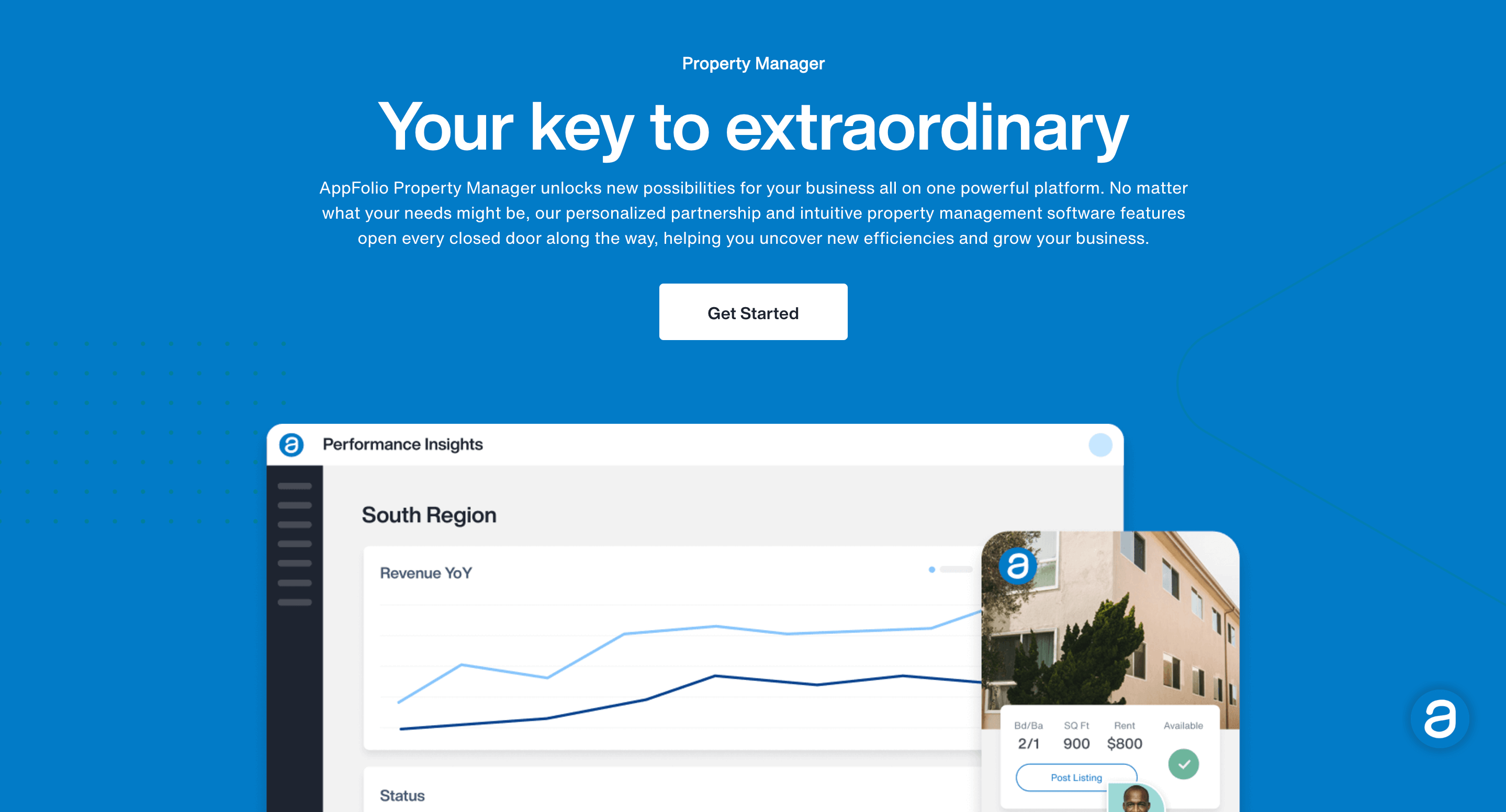Thanks to constantly evolving and improving technology, more and more businesses can now successfully function and operate online. In the real estate industry, as a result of travel bans and social distancing restrictions, virtual property management is quickly becoming the “new normal.”
Virtual Property Management, as its name suggests, means that property management can be undertaken remotely without the need for an on-site managerial presence. Dealing with the management of property is, therefore, no longer location dependent and such a business can cover all of the U.S property market from a single base.
Indeed, it is no longer necessary for the property manager to be in the same city as tenants, property owners, or even the rental property itself. Remote property managers can handle the day-to-day management of a rental property. Lease discussions can be held online with existing or new tenants, and any maintenance to do with the property can be coordinated virtually. Local real estate agents can be contacted to find renters for the property and work with the remote property manager over the internet (Virtual Meetings, Phone, Text, etc.).
On-site Property Manager vs Remote Property Manager
Traditionally, properties have been managed by having an on-site manager supervising a team of maintenance, security and housekeeping staff. Or, perhaps, the manager might be responsible for several other buildings in the immediate area.
In reality, most property management work is routine. Over time, functions such as, for example, rental payments and accounting have gradually been moved online. Thanks to further changes in technology almost all functions of property management can now be handled remotely, thereby improving efficiency and effectiveness.
Remote Property Management – advantages
Some of the key advantages of remote property management include:
- Overhead costs are reduced in terms of staff costs, occupancy of a physical on-site office, and travel costs going from property to property;
- Virtual staff can be hired from anywhere in the country (or world), meaning that the best talent is available—not just locally available talent; such virtual staff may assist with a variety of responsibilities such as inbound/outbound call management, lease preparation, maintenance request management, vendor research, data entry, scheduling, and so on;
- Leasing processes can be automated and are, therefore, faster to complete;
- Response time to requests from residents can be reduced as virtual assistants are online ready to respond and can easily handle issues. Residents don’t realize the person they are speaking with isn’t local;
- Greater efficiencies reduce the overall workload for owners, freeing up more time to drive business growth in their local area as well as new geographical areas only now available given the switch to a remote property management business model;
- Remote work can also result in a less stressful work environment and a better lifestyle for management personnel.
Remote Property Management – disadvantages
There may be some disadvantages of having a remote property manager but most of these issues can be overcome relatively easily.
Some issues usually revolve around effective communications, keeping staff involved and motivated and creating a positive company culture when there is little personal interaction.
On-site Property Manager – advantages
Depending on the resident’s age and ability to use technology, some may prefer to see and interact with property management personnel in-person when they have problems or issues that need attention. Additionally, having an on-site property manager may be beneficial when a property isn’t yet stabilized (lease-up, under-construction, or recently acquired). Even though the property management operation may be less efficient and cost more to run, the practicality of speaking with someone face to face may be preferred by these types of residents and when the property is being stabilized.
On-site Property Manager – disadvantages
Most of the disadvantages of having an on-site property manager relate to costs of staff, the cost of maintaining an office plus travel related expenses such as gas or train or air fares to take into account.
Of course, the almost immeasurable or intangible opportunity costs of running a more efficient operation online have also to be taken into account.






